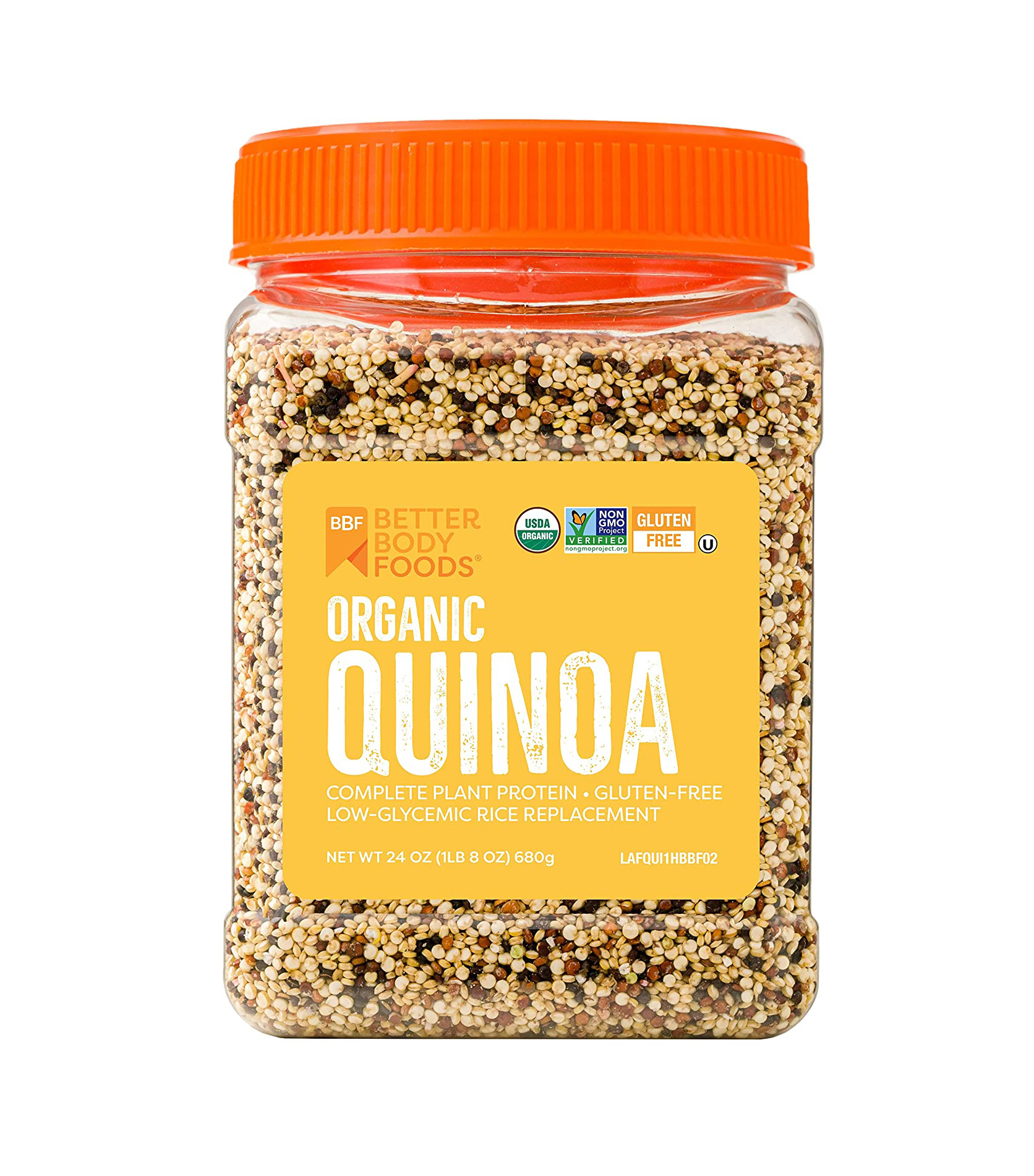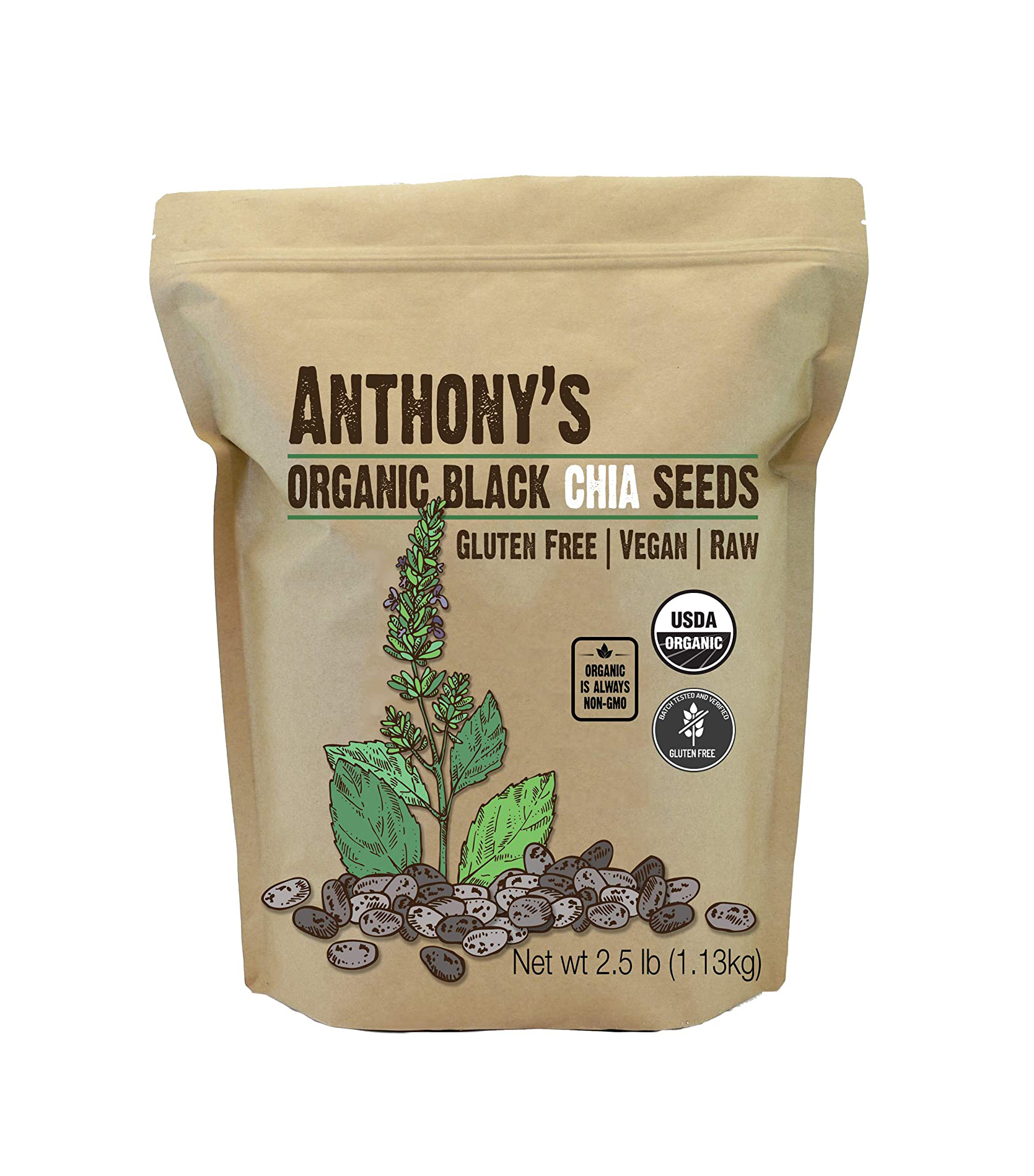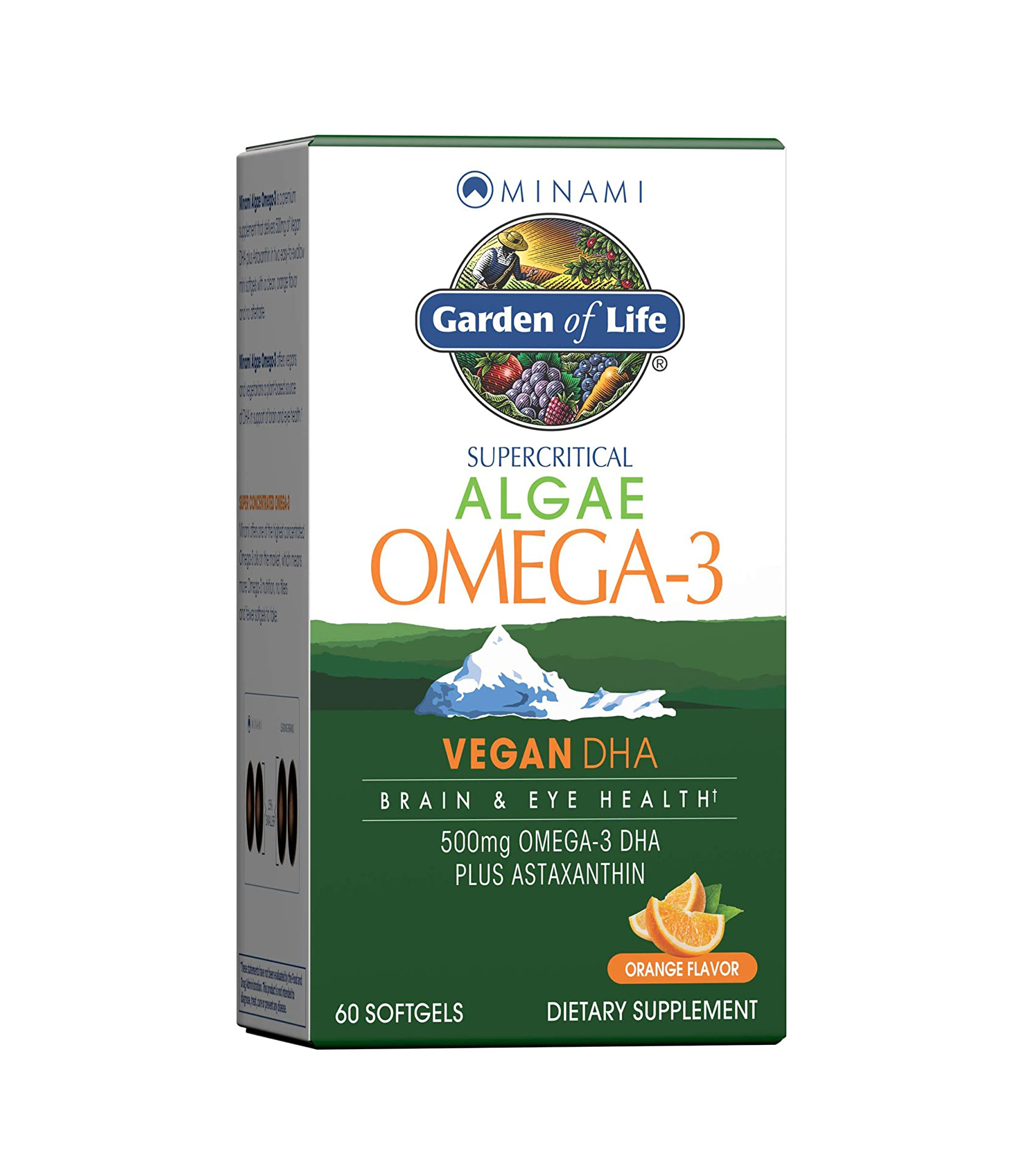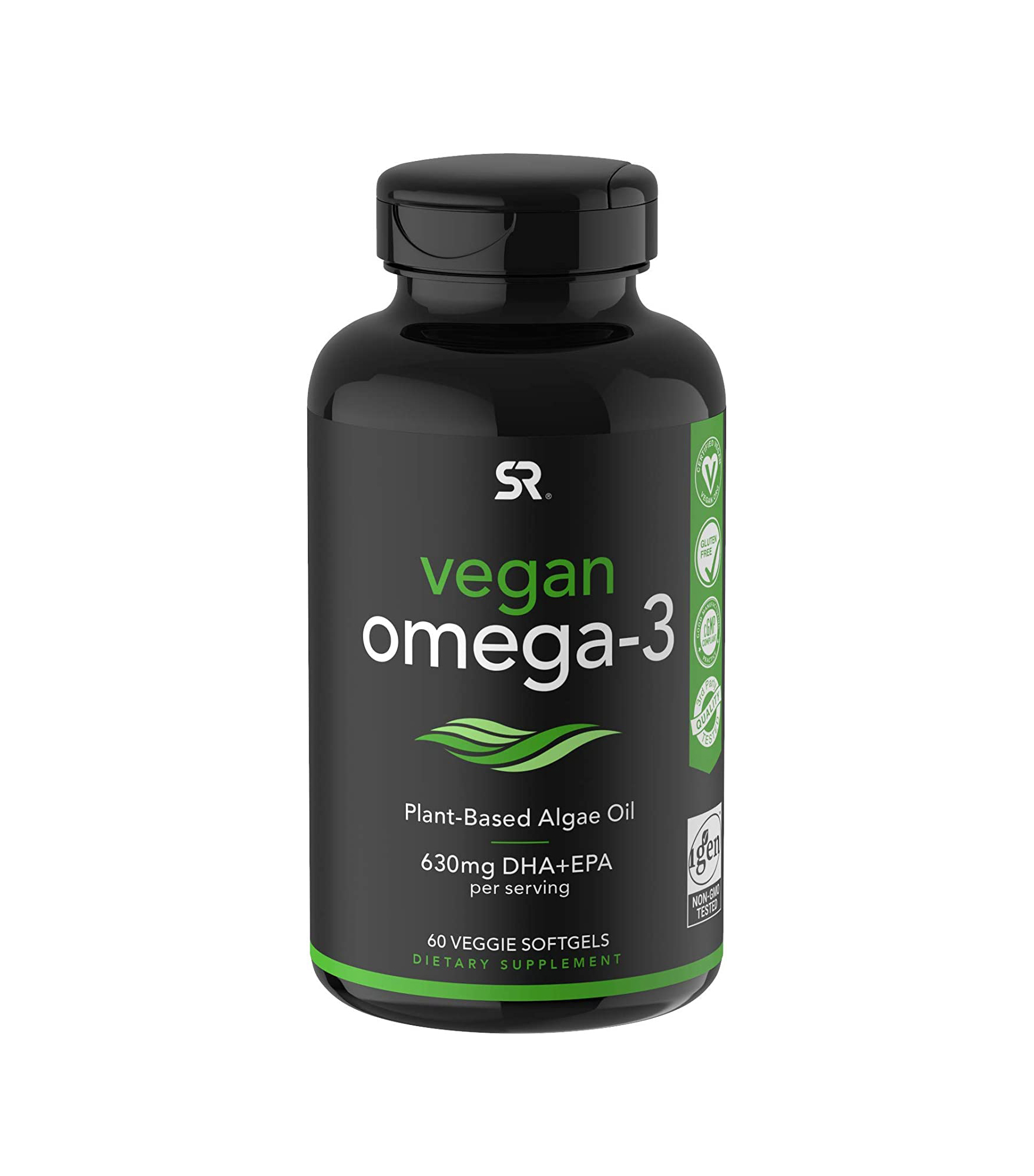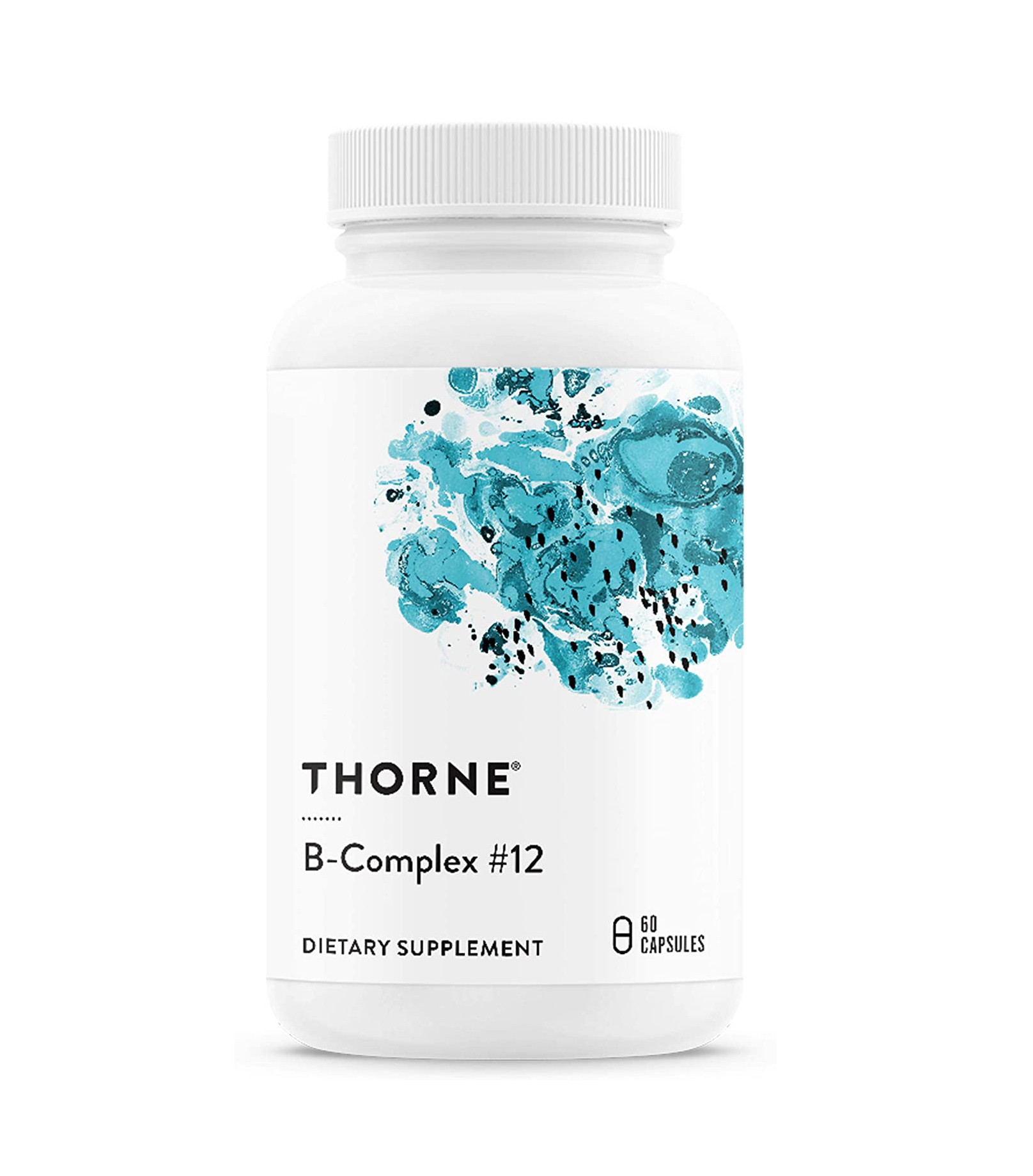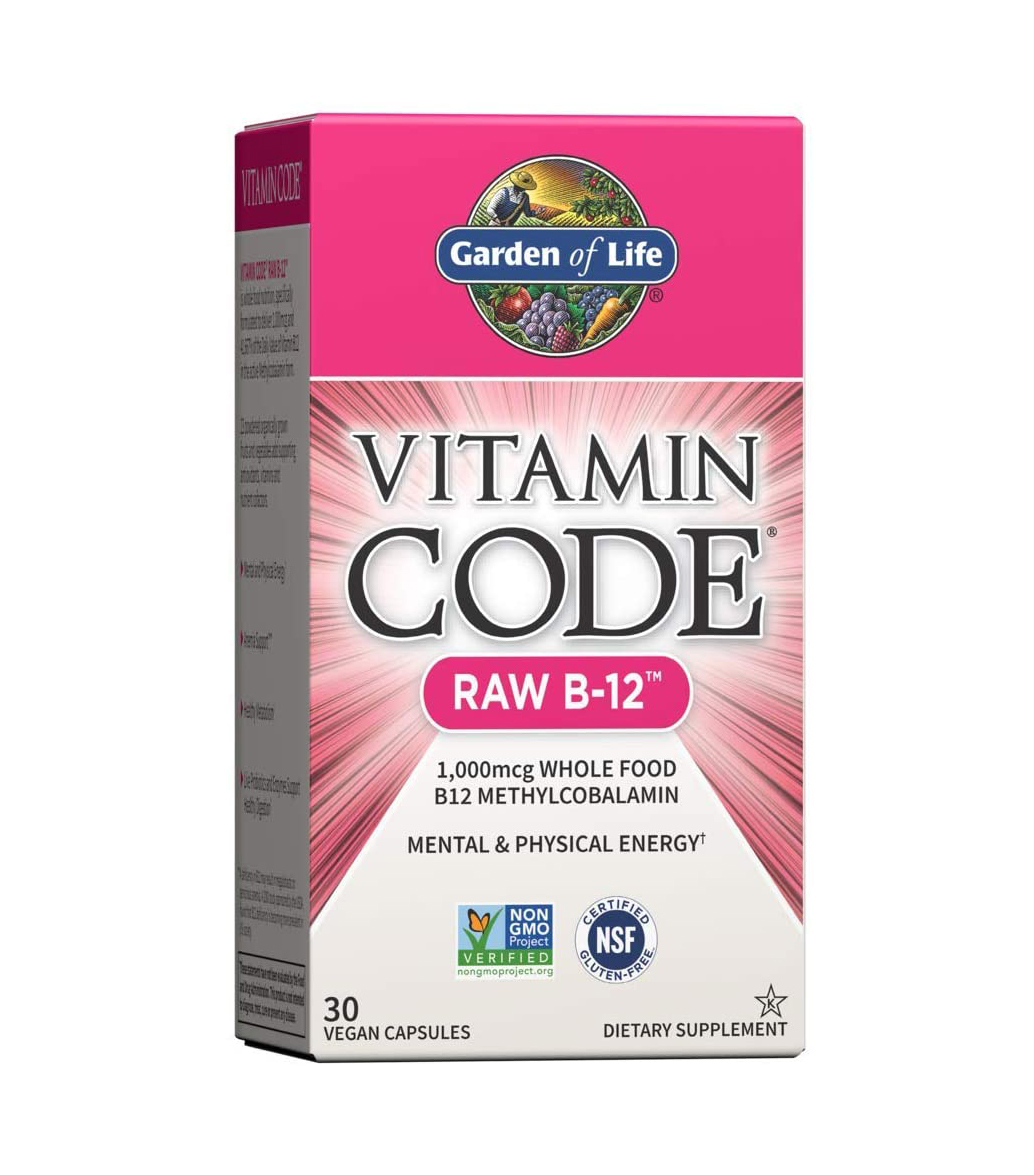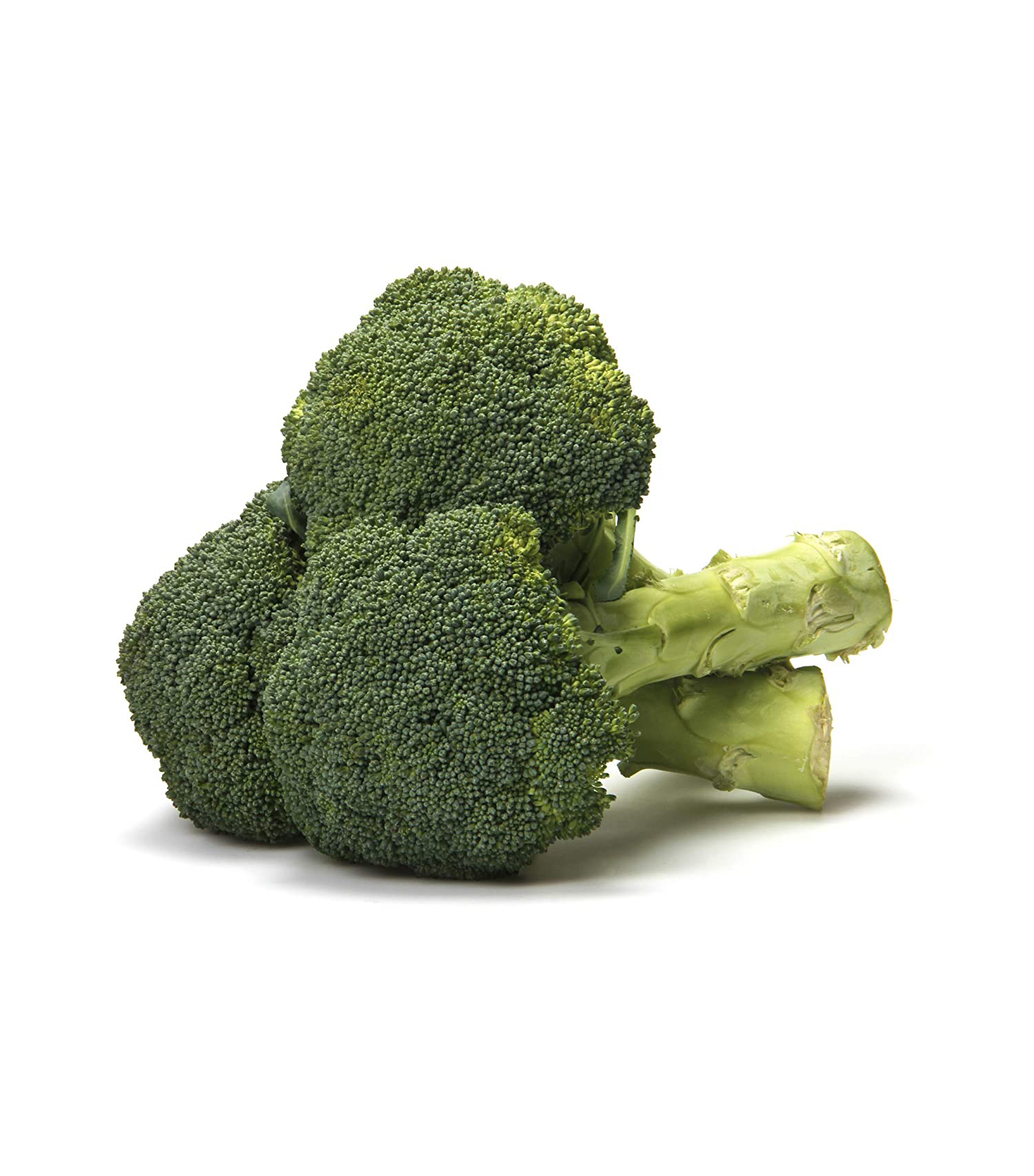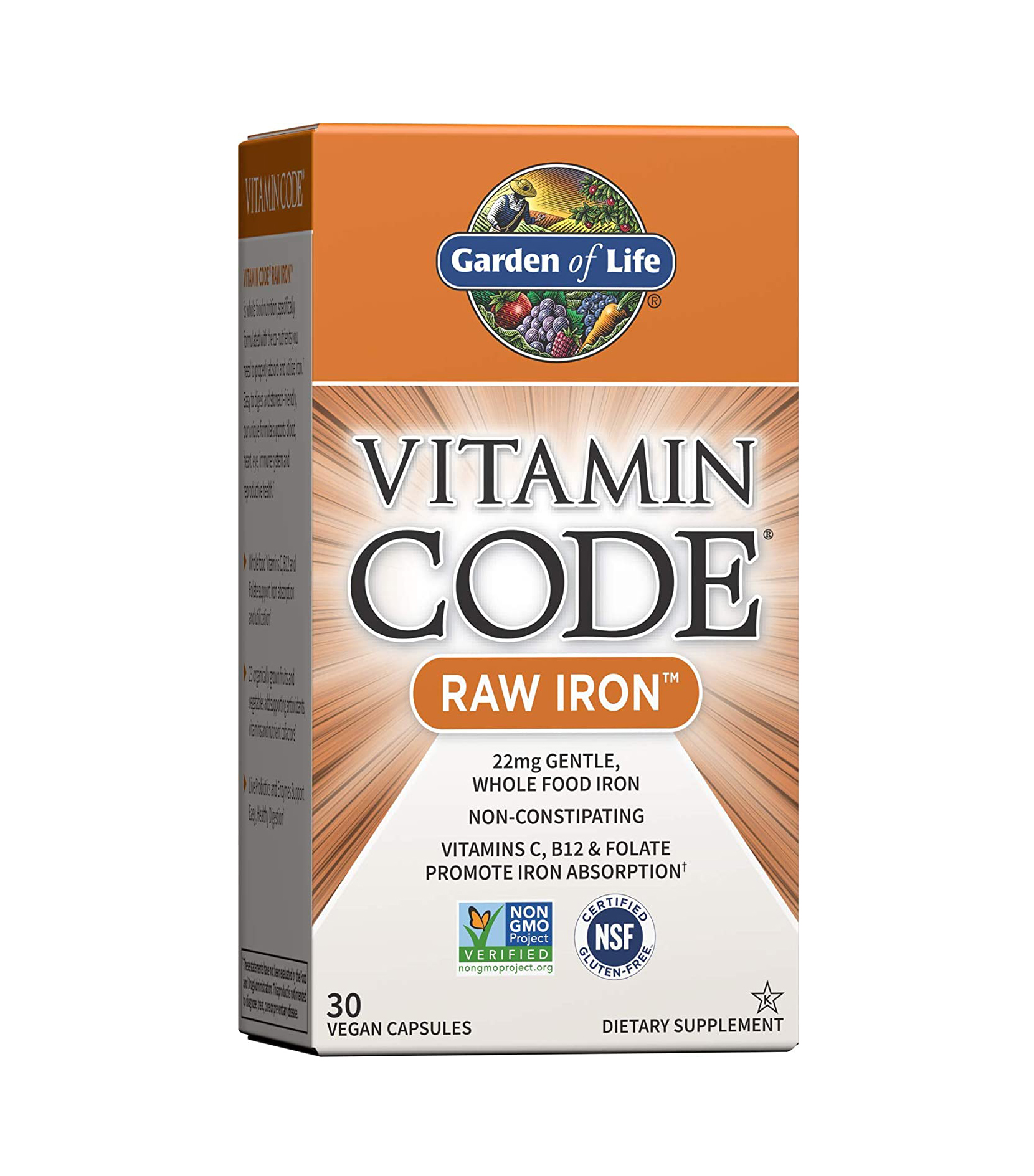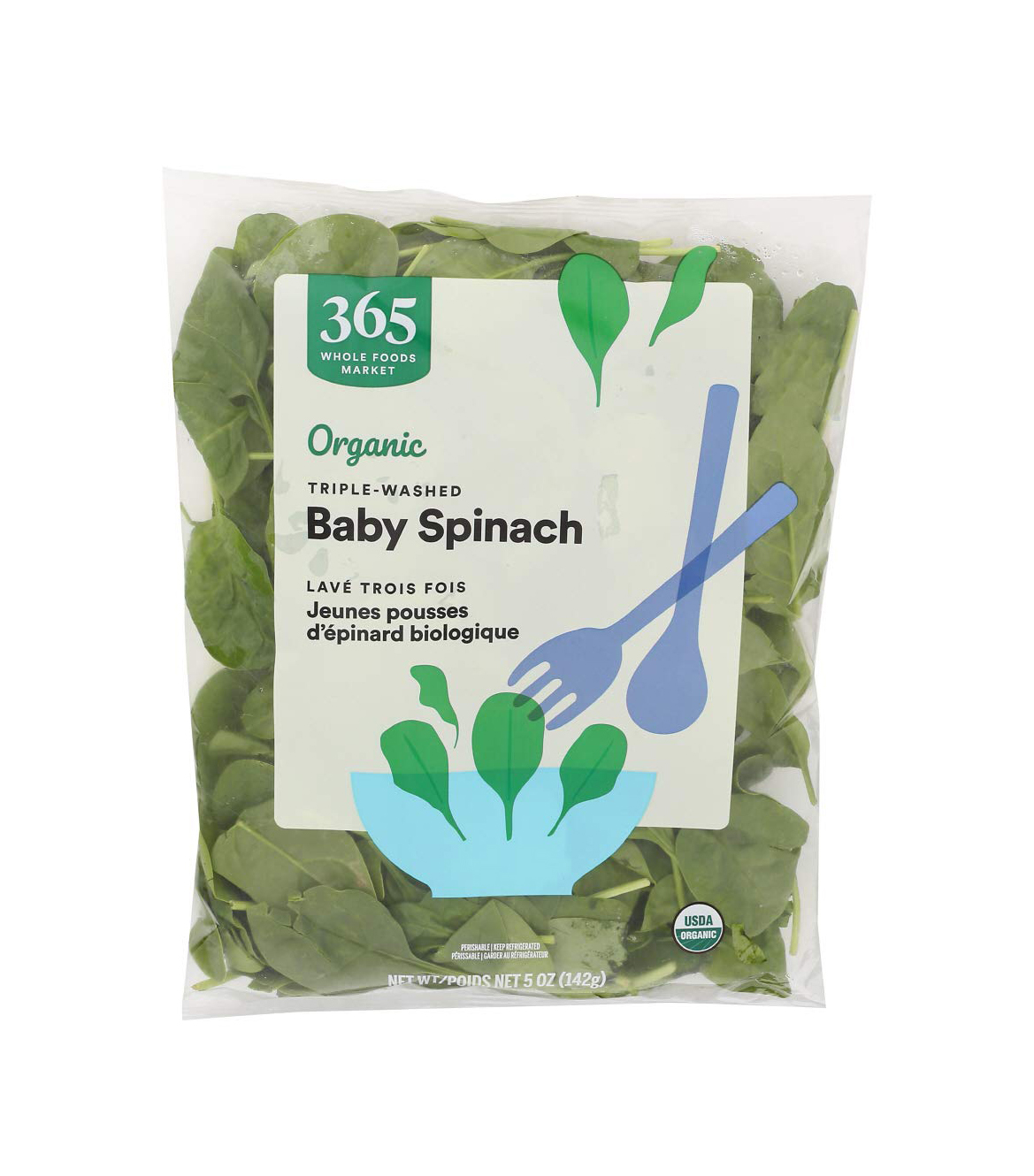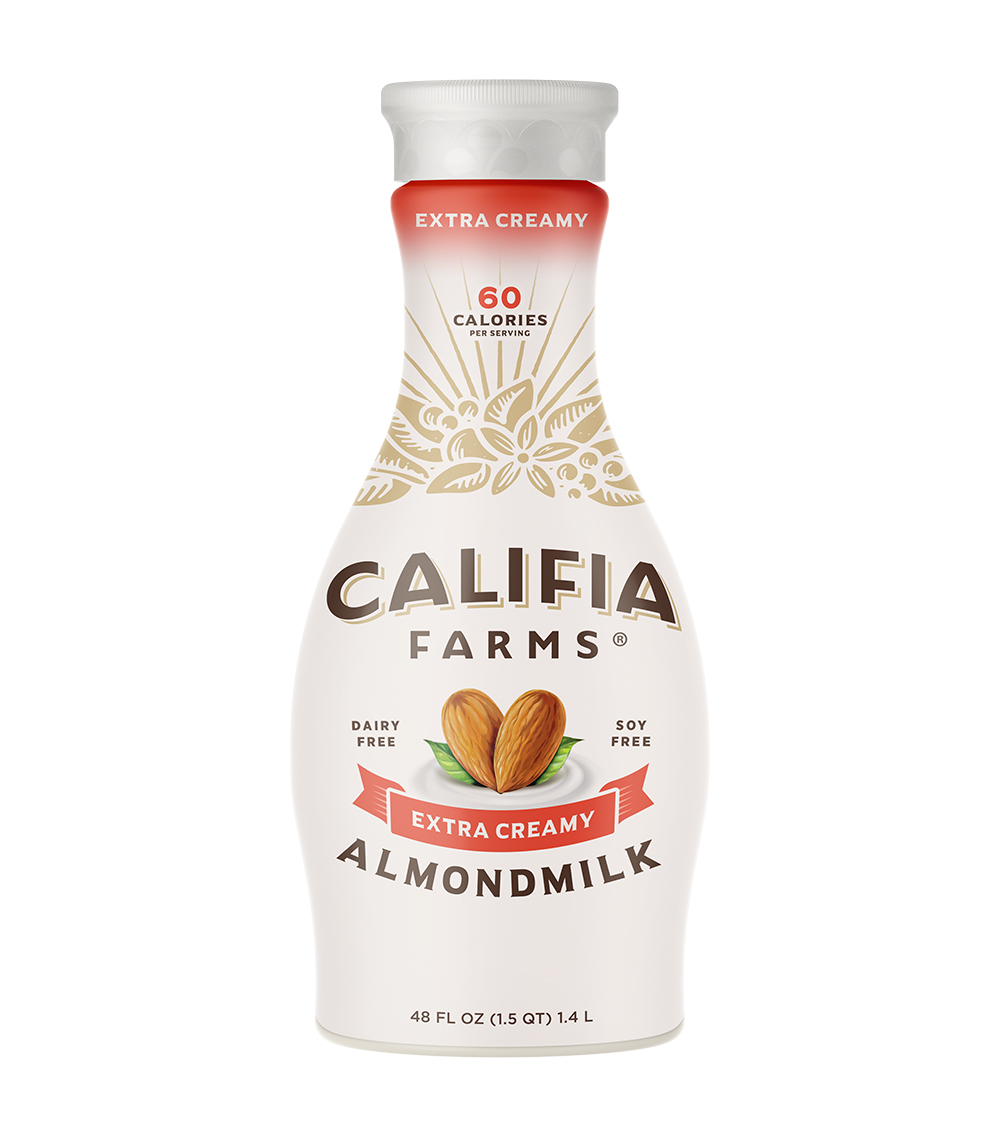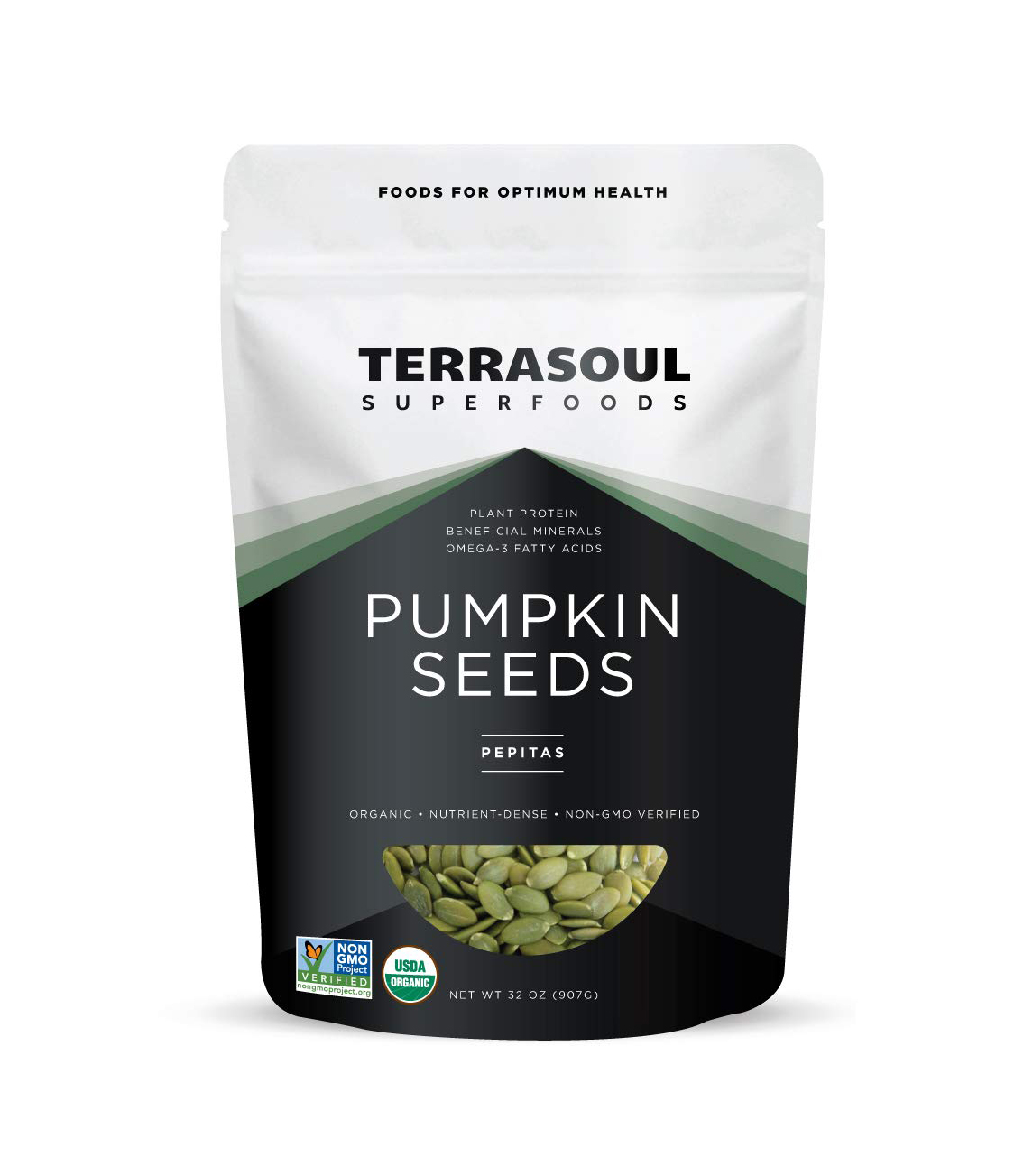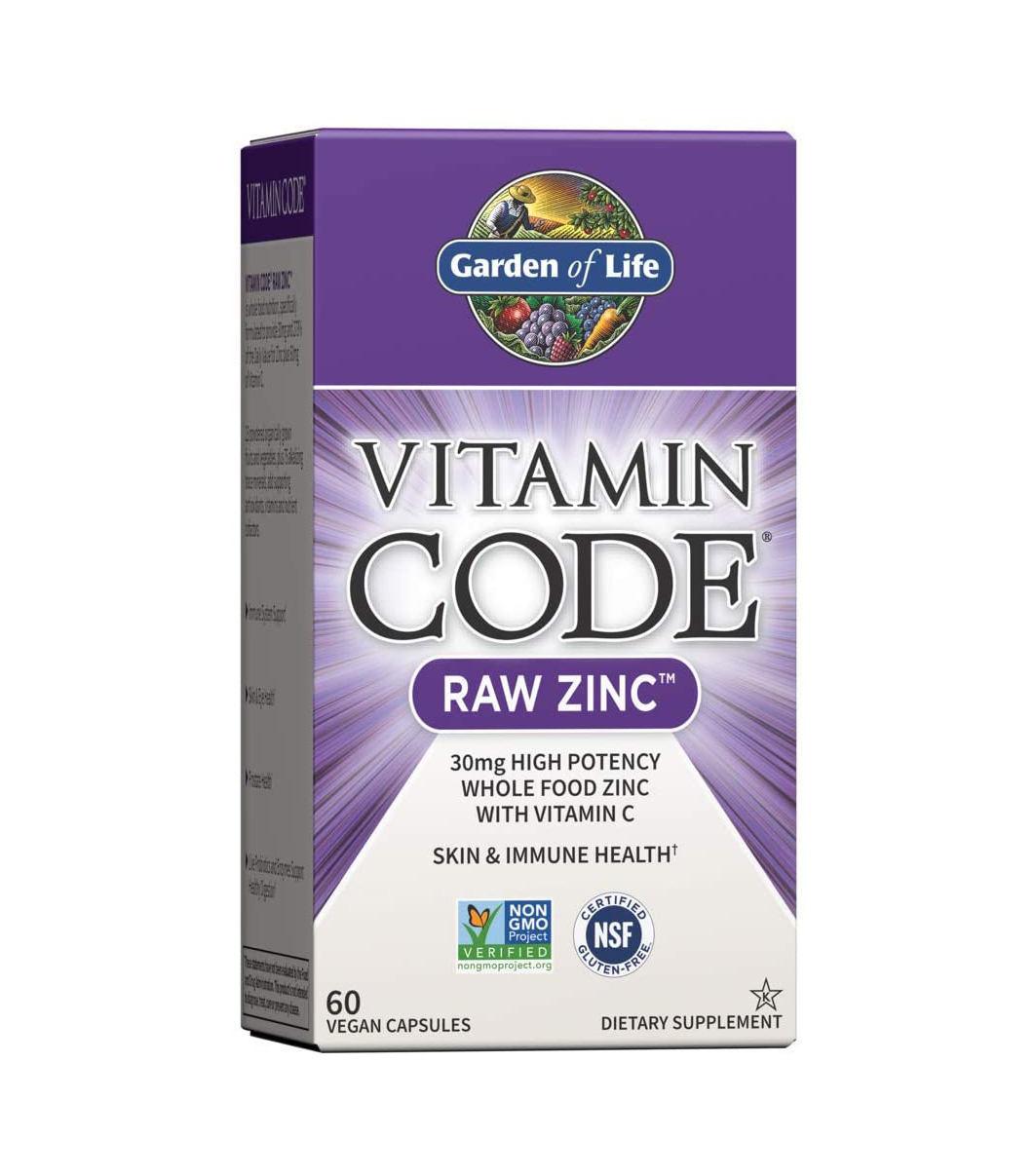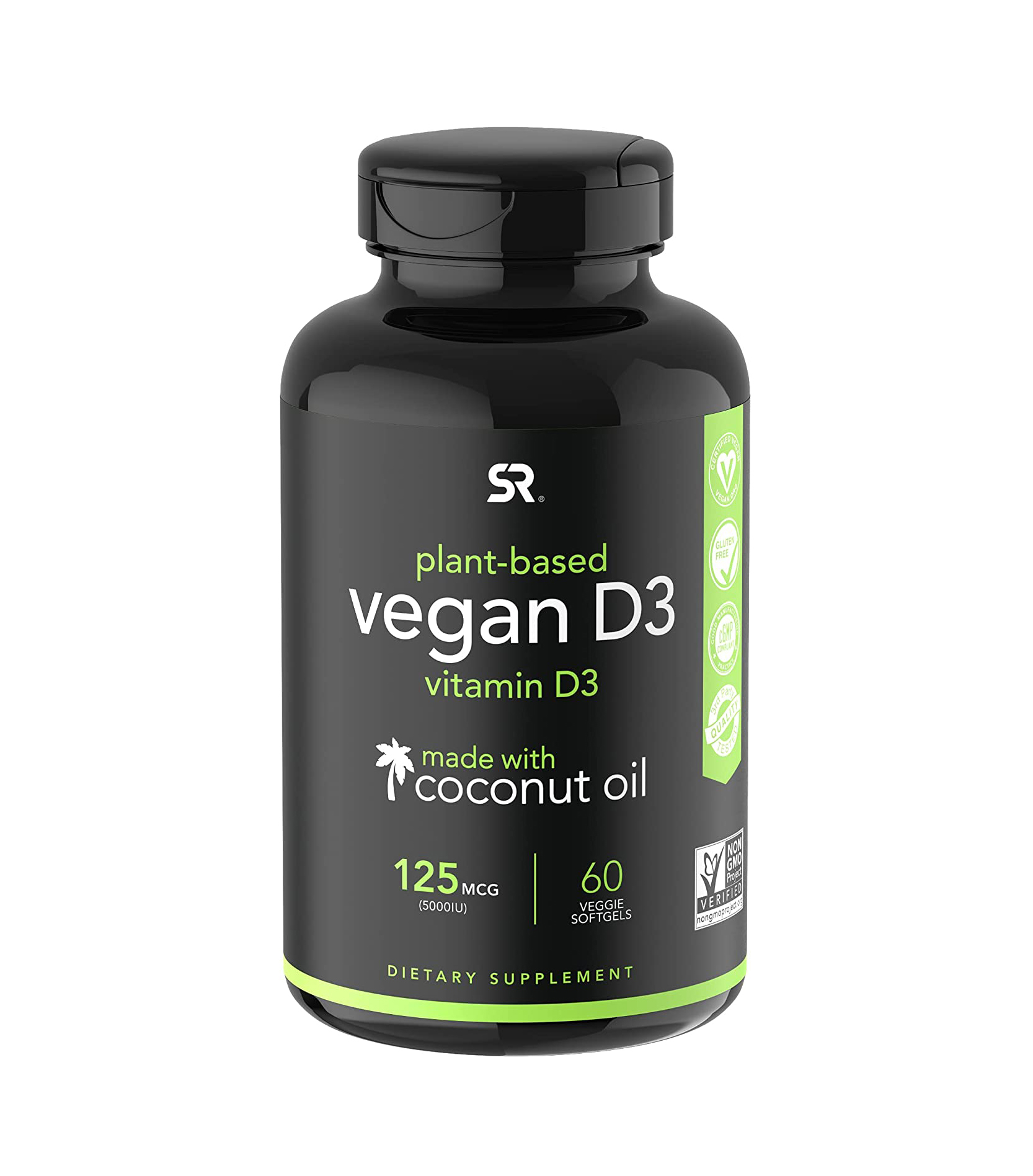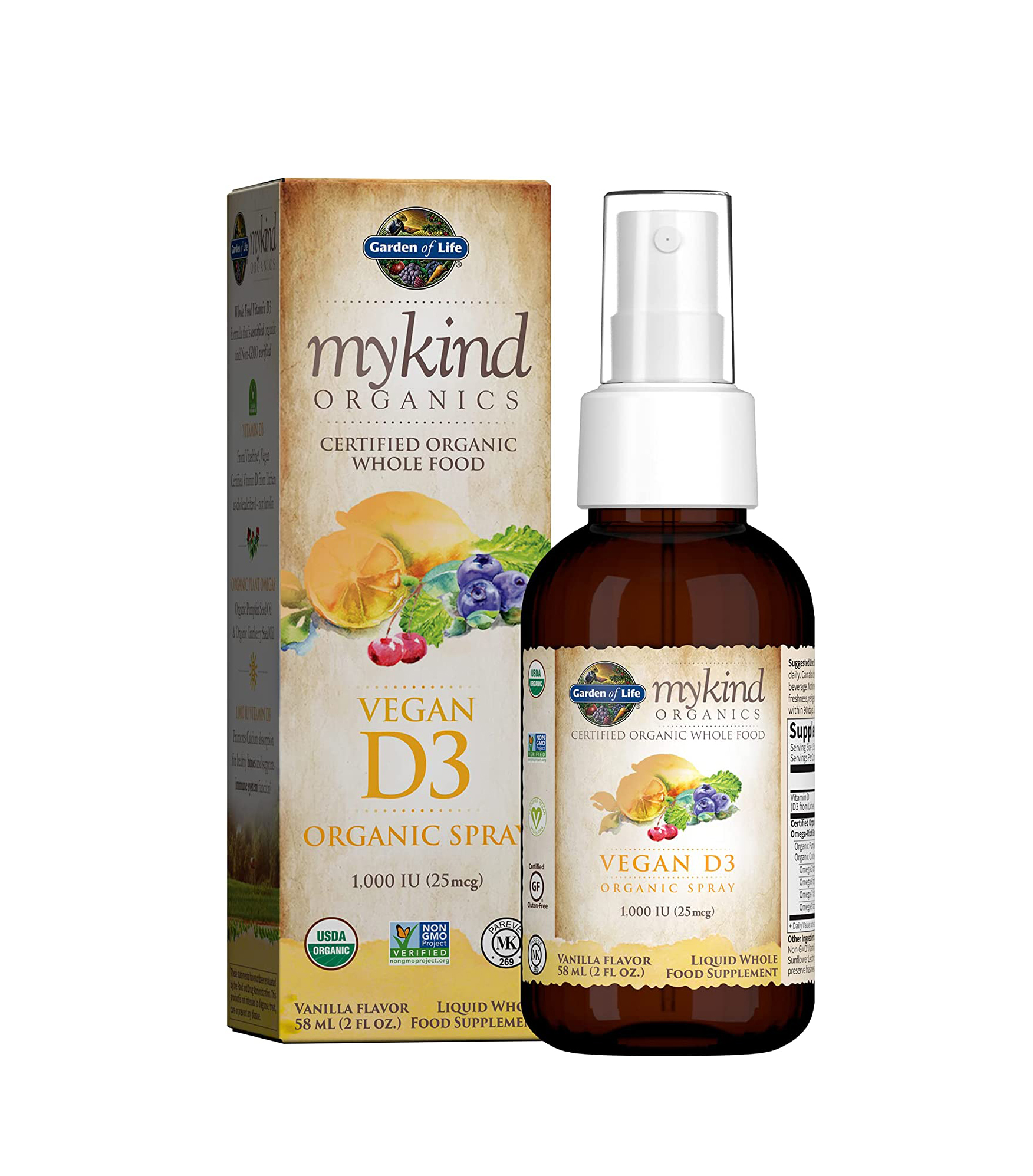These Are the Vitamins You Might Not Be Getting Enough of on a Vegan Diet
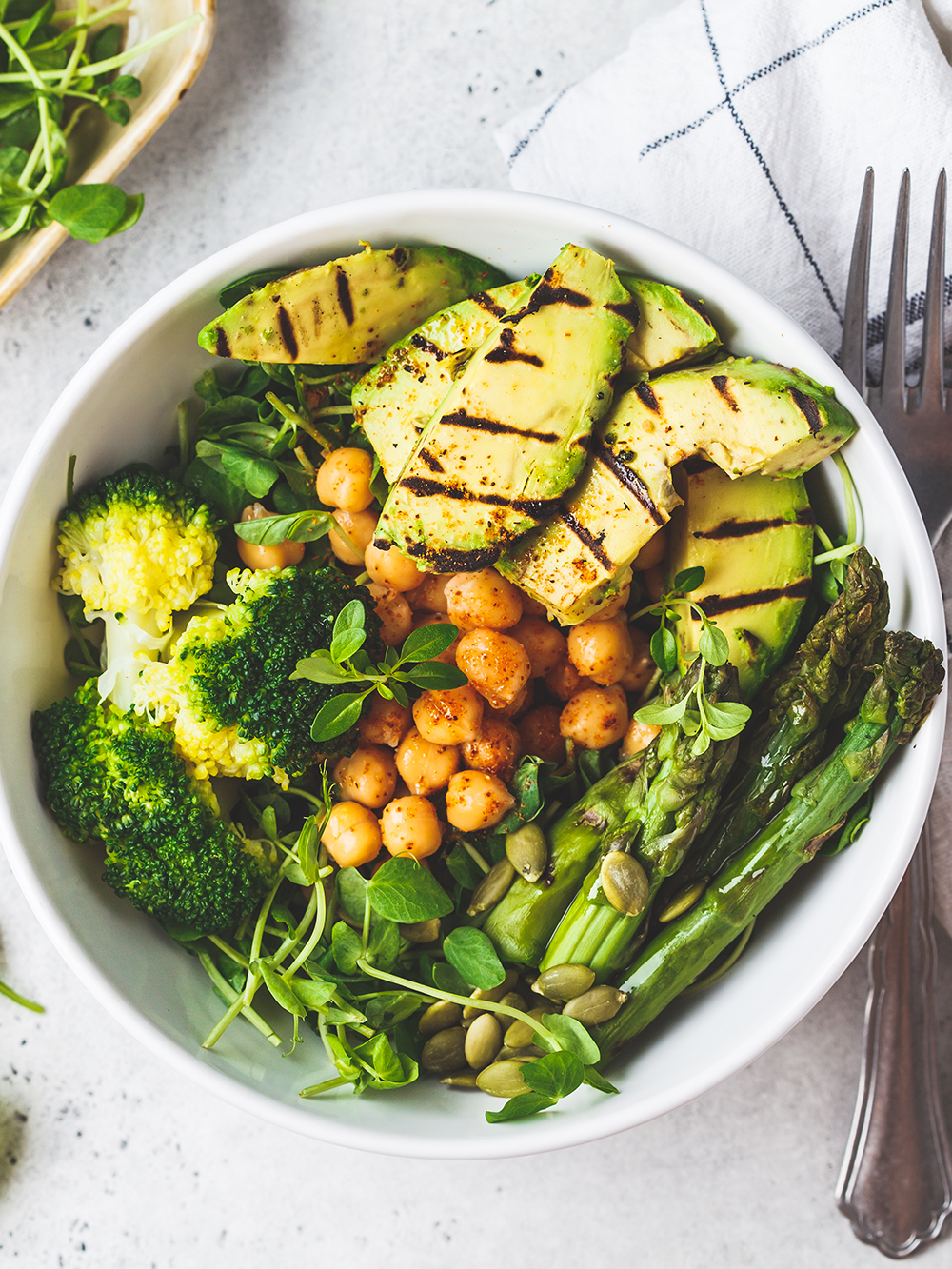
For the most part, it can be a lot easier to follow a vegan diet now than it was years ago. The influx and accessibility of health-food brands have helped with that. You can find "vegan" labeled products at health-food stores as well as big-box or chain grocery stores now. And even chain restaurants have vegan offerings. This has spurred people to give a plant-based lifestyle a try.
If you're unfamiliar with what a vegan diet is or only have some vague idea of it, we're here to help. "A strict vegan diet emphasizes consumption of whole, plant-based foods (beans and peas, vegetables, fruits, nuts, seeds, and grains) with minimal processing and excludes all animal products (animal proteins, dairy, eggs, bee products, animal oils, and fats)," explains registered dietitian nutritionist Stephanie Carter, MS, RDN, founder and owner of Carter Hall Lifestyle. This diet might also extend to different lifestyle aspects as well—some vegans might avoid clothes, makeup, personal-care items, medications, and even entertainment options that exploit animals or use animal products.
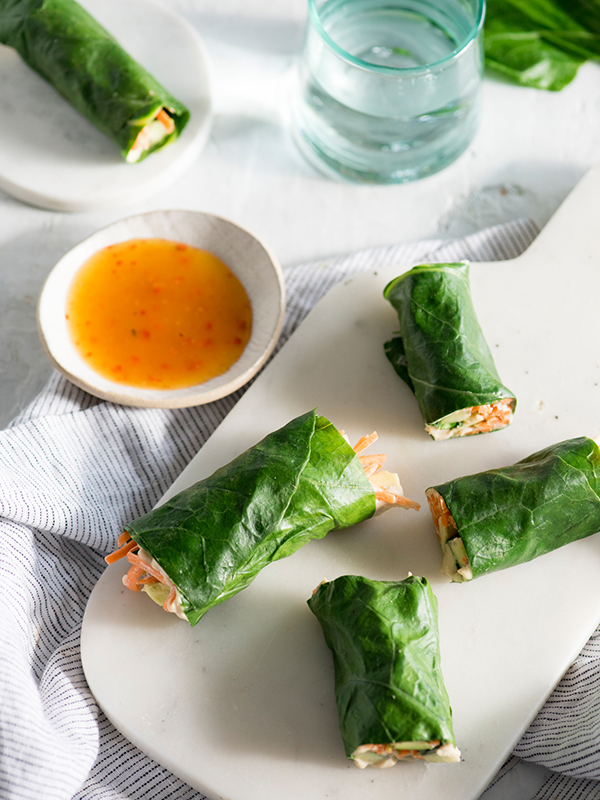
But because you're following specific dietary guidelines on a vegan diet, you may need to be more conscious about getting certain vitamins and minerals. "While plant-based diets are rich in nutrients, it is important to remember there are nutrient gaps that occur in a strict vegan diet that you will need to be mindful of when preparing your daily meals," explains Carter.
As with all diets and lifestyles, it's just about paying attention to what you're consuming. "It is so important that vegans eat a wide variety of plant-based foods on a daily basis and fill up on nutrient-dense foods rather than foods providing little nutritional value (like sweets and highly processed foods)," says Claire Virga, RD, MS, CDN, a registered dietitian at Rooted Wellness. "Vegans can meet a majority of their nutritional needs by eating a wide variety of real, whole foods! Foods like fruits, vegetables, whole grains, legumes, nuts and seeds, and tofu are packed with nutrition and will help a vegan to meet their needs."
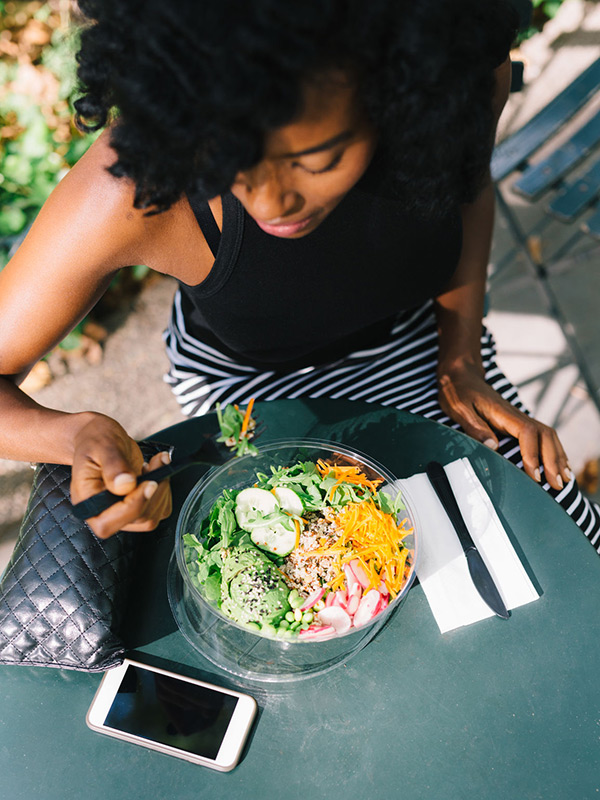
If you're more conscious about your nutrient consumption, you might not need to take supplements. But if you feel that you need to, there are ways to be smart about it. "Unnecessary intake of supplements can actually do more harm than good by damaging cells or blocking the absorption of other minerals," Carter says. "Best practice is to first get tested to see if you are indeed deficient in any vitamins or minerals. Your primary care physician can order specific blood tests to determine if a deficiency exists."
Below, take a look at the nutrients and vitamins for vegans that they might need to pay special attention to. (And non-vegans, well, you might want to read this, too.)
1. Protein
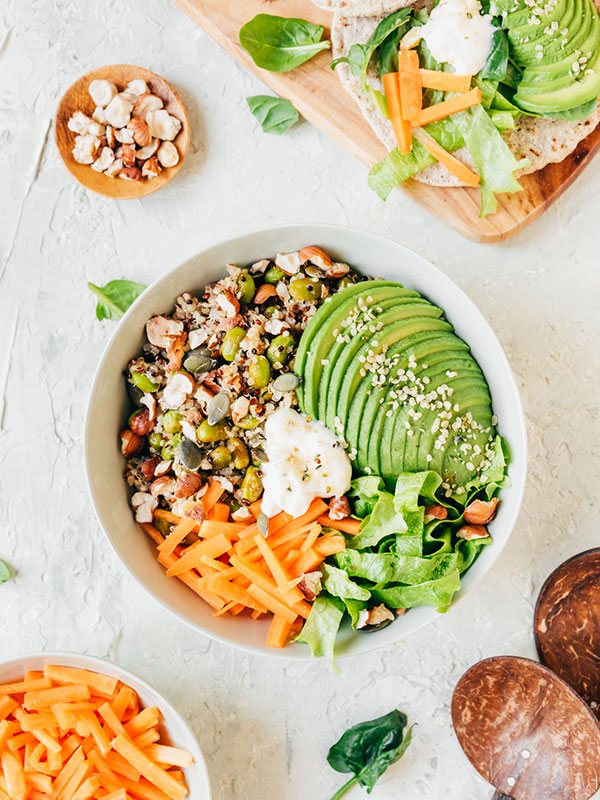
An essential macronutrient that helps maintain muscle and bone mass and supports the immune system, protein is made up of amino acids. "There are nine amino acids that the body cannot make. They are considered essential amino acids and must be obtained through the diet," Carter explains. "The nine essential amino acids are histidine, isoleucine, leucine, lysine, methionine, phenylalanine, threonine, tryptophan, and valine. Animal proteins are considered to be complete proteins because they contain all essential amino acids. Most plant-based proteins either are too low in these amino acids or are missing just one or two of them."
There are complete plant-based proteins that contain all the essential amino acids, such as quinoa, hempseed, chia seed, amaranth, and soy. Carter says you can also combine complementary plant-based proteins to balance it all out. For example, she recommends pairing grains, nuts, and seeds with legumes to get all nine essential amino acids.
2. Omega-3 Fatty Acids
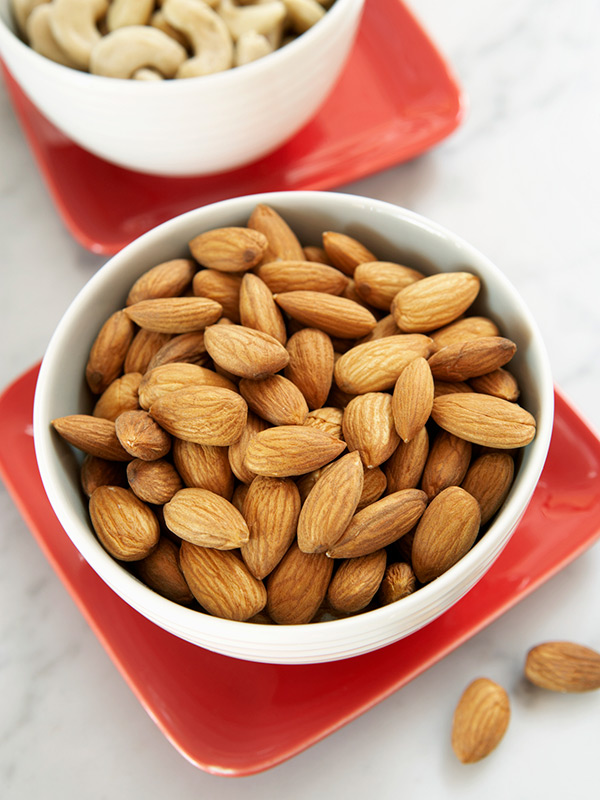
Virga says omega-3 fatty acids are needed to keep our brains and cardiovascular systems healthy, and they may even help fight depression. For nonvegans, they can get DHA and EPA, which are the most beneficial forms of omega-3 fatty acids, from fish and seafood. Vegans can get their omega-3s in the form of ALA from nuts and seeds.
But there's a catch. "ALA is not easily converted to DHA and EPA within our bodies," Virga says. "Therefore, it can be difficult for a vegan to meet their omega-3 fatty acid needs through nuts and seeds alone. DHA and EPA are found in seaweed and algae, but because these foods aren't a staple in many people's diets, I recommend that vegans speak to their doctor about taking an algae-based omega-3 supplement."
3. Vitamin B12

Vitamin B12 is the biggest nutrient concern for vegans since animal products are the main source of it. The vitamin supports nerve function, DNA synthesis, and red blood cell production. Carter says B12 depletion or deficiency can lead to megaloblastic anemia, which has symptoms like difficulty walking, memory loss, and disorientation.
"For this reason, anyone on a vegan diet must supplement with B12 to prevent a deficiency," Virga says. "Vegans can get some B12 from fortified foods like plant milks, soy products, and breakfast cereals. However, it is still recommended that vegans take a B12 supplement, as it can be hard to quantify how much you are getting from fortified foods."
4. Iron
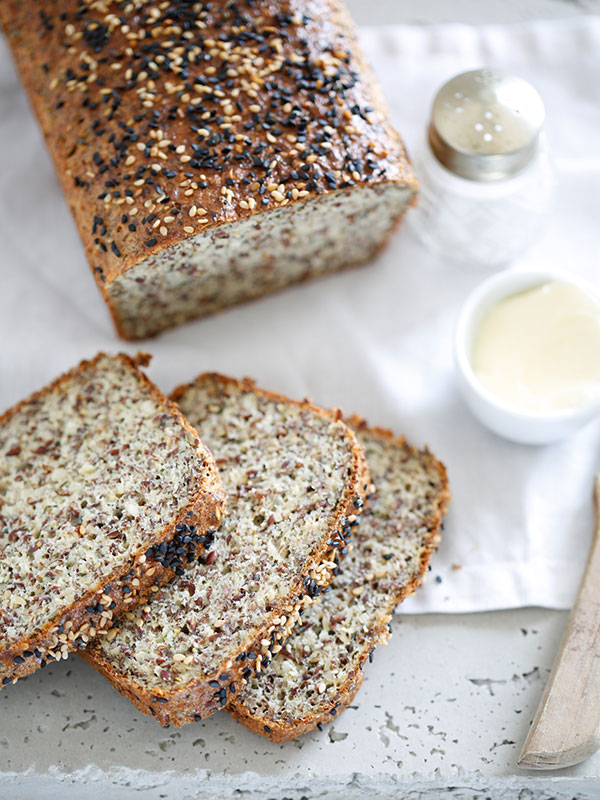
The essential mineral iron is especially needed for energy metabolism and plays a role in cell growth and oxygen transport through body tissues. Carter says that foods contain two types of iron: heme (found in animal foods like red meat) and nonheme (found in plant-based foods like beans and lentils). Your body absorbs more iron from heme sources than nonheme sources.
"Because nonheme iron sources have lower bioavailability, vegans are recommended to consume 1.8 times the recommended intake for nonvegans," Carter explains. "Vegans should aim to eat more iron-rich foods, including cruciferous vegetables, beans and peas, nuts and seeds, dried fruit, and iron-fortified foods such as cereals, enriched breads, and some plant milks. Additionally, I frequently recommend that clients prepare meals in cast-iron pots and pans to help add significant amounts of iron to their food."
Adding vitamin C to your diet can also boost the absorption of nonheme iron, so look for foods like citrus fruits, dark green leafy vegetables, bell peppers, melons, and strawberries to help.
5. Calcium
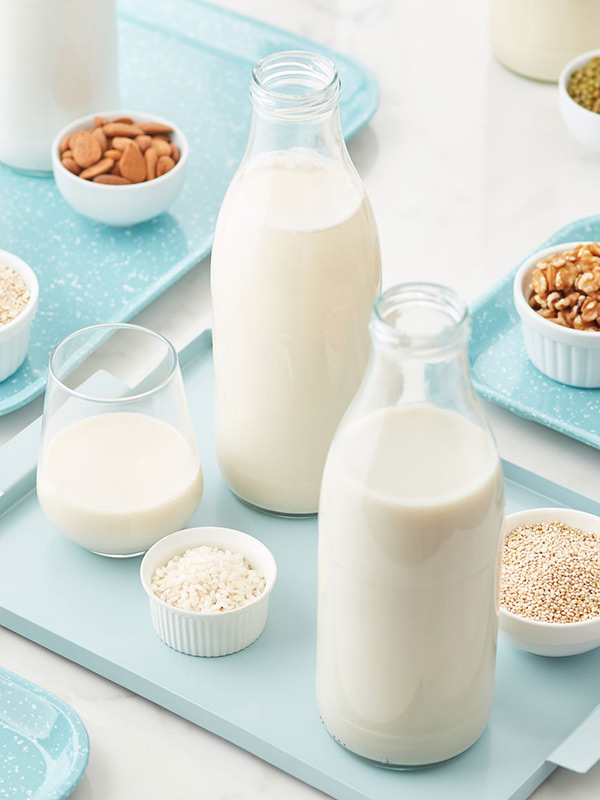
You need calcium for bone health and muscular, vascular, and nerve function. Carter cites studies that show the calcium intake for vegans tends to be lower than that of vegetarians, who get their calcium from dairy sources.
"We typically think of calcium in dairy products like milk and yogurt, but it is also found in many plant-based foods like leafy greens, tofu, beans, and fortified non-dairy milks," Virga explains. "A vegan should analyze their intake of these foods to determine if they are getting enough from their diet or if they need to consider taking a supplement to meet their needs."
6. Zinc
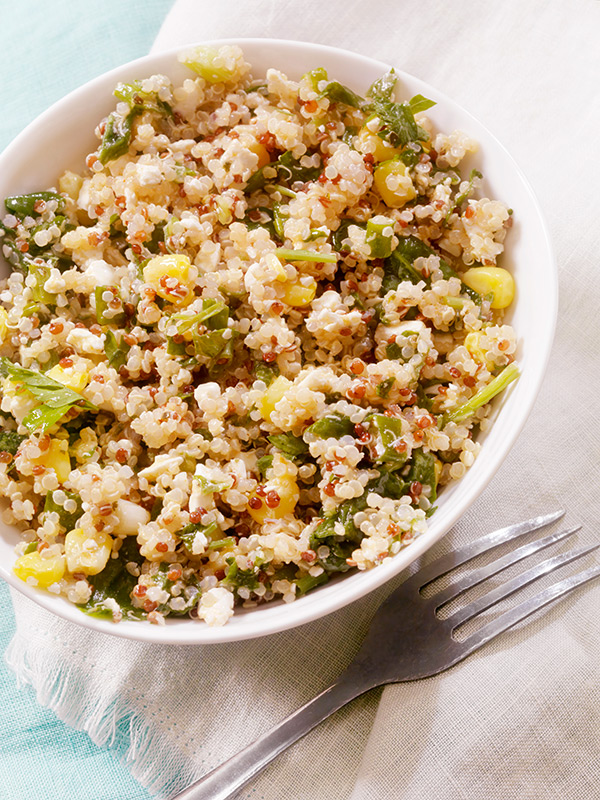
Zinc is a micronutrient that plays a role in the immune system and DNA structure. "Vegans need to be aware of their intake of zinc given that few plant foods contain zinc and its bioavailability is limited due to its higher phytic acid content," Carter explains. "Consuming adequate zinc levels may be accomplished by eating nuts, grains, soy products, and legumes. Soaking, sprouting, and leavening beans, grains, and seeds can reduce the binding of zinc by phytic acid and increase bioavailability." She adds that vegans are encouraged to aim for 1.5 times the recommended daily allowance for zinc, which is normally at 8 11 milligrams per day for adults.
7. Vitamin D
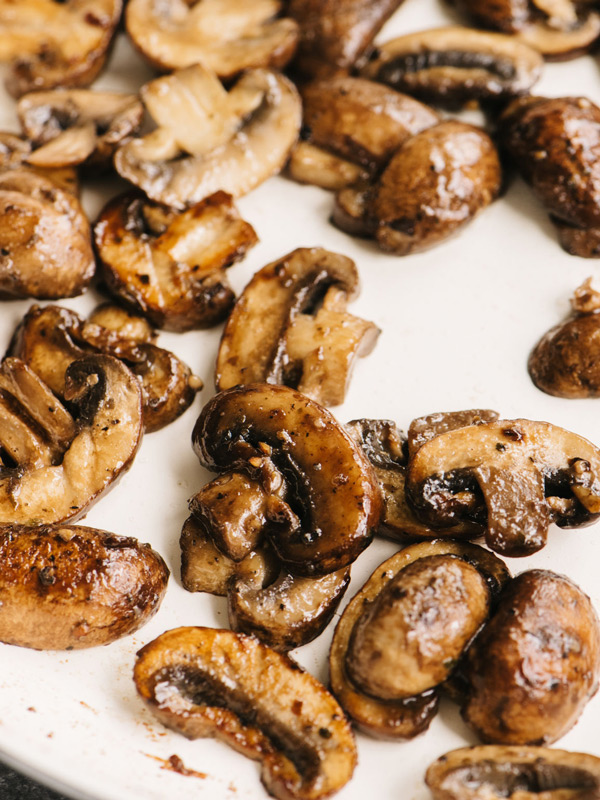
Vitamin D deficiencies are very common for both vegans and nonvegans. The nutrient plays a role in bone health and immune, nerve, and muscle function. We produce vitamin D from sun exposure. "We produce vitamin D from the sun, but this can be very hard to do if you are wearing sunscreen, not spending time outdoors during the middle of the day, or live far from the equator," Virga says. "Vitamin D3 is found in animal-based foods like salmon and egg yolks, whereas vitamin D2 is found in some mushrooms and fortified foods. Unfortunately, vitamin D2 does not raise blood levels of vitamin D as efficiently as vitamin D3, putting vegans at a higher risk for a vitamin D deficiency."
If you need to take a vitamin D supplement, Carter cautions that since vitamin D3 comes from animal sources, you'll have to make sure the supplement is labeled vegan.
How to Shop for Vegan Supplements
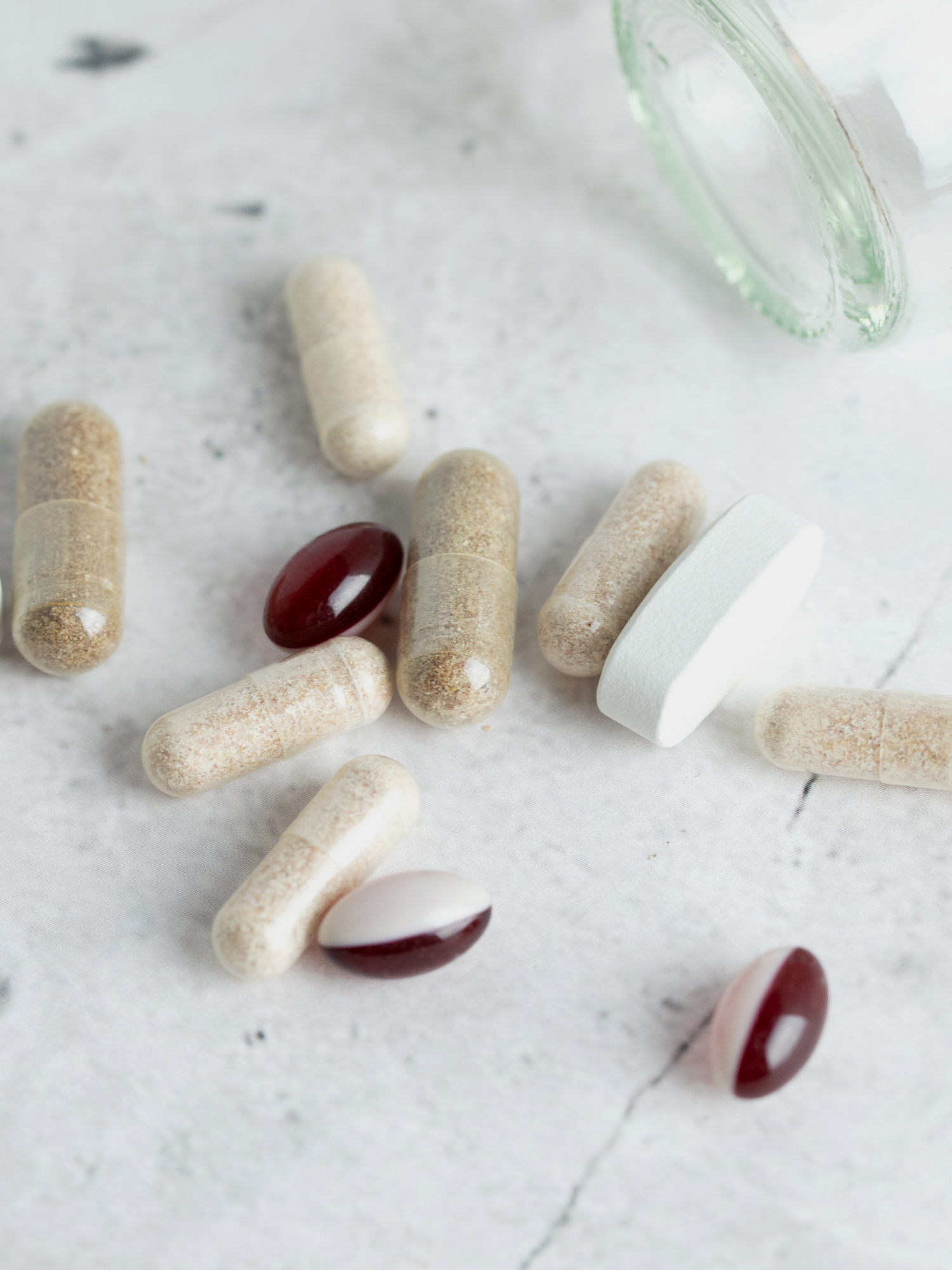
When shopping for supplements, you'll need to look closely at the ingredients list and for "vegan" labels. "There are several ingredients commonly found in supplements that are made from animal products," Virga explains. "Oftentimes, the names of these ingredients would never lead you to believe they actually come from animals, so you really have to know your stuff!"
These are the ingredients you'll want to avoid…
Gelatin: Carter says it's normally used as a coating ingredient or filler for capsules or gels. It comes from animal sources.
Magnesium stearate: "It is often used as a filler in the manufacturing of encapsulated supplements or as a lubricant on the coating of supplements," Carter says. "It comes from stearic acid, which is a fatty acid usually found in pork, butter, chicken, beef, fish, and milk."
Collagen: It normally comes from animal sources.
Glycerin: This ingredient can be derived from animal fat.
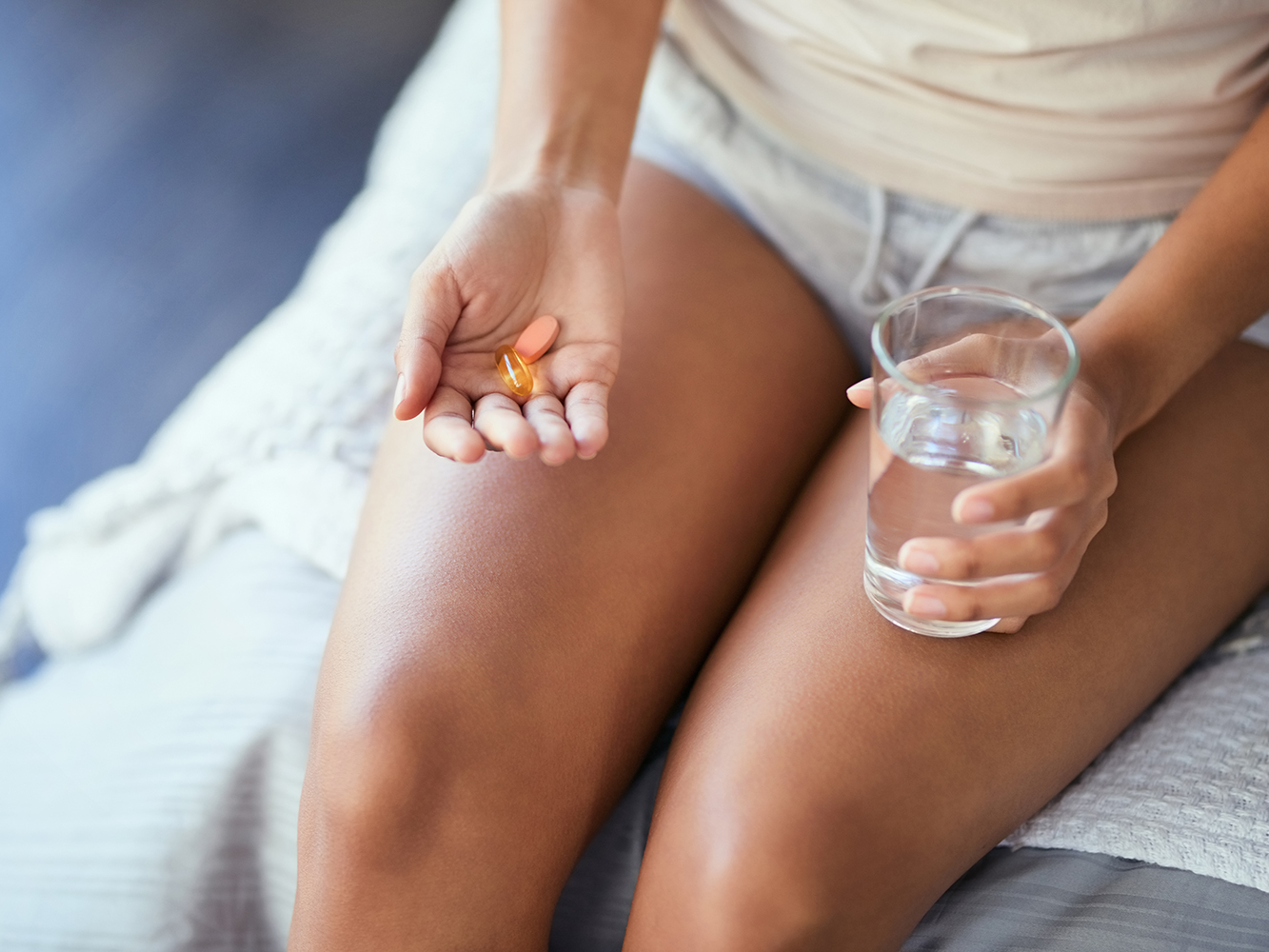
Lanolin: "Vitamin D3 (cholecalciferol) comes from an animal source, lanolin," Carter explains. "If you purchase vitamin D3, most likely, it's in the form of calciferol or cholecalciferol, which means it's from lanolin. Vegan vitamin D supplements are sourced from algae."
Carmine: Carter says this ingredient is sometimes used as a red dye (red #40). It's most commonly sourced from beetles.
Caprylic acid: Used as a filler or coating, it's derived from goat, sheep, or cow's milk.
Next: 9 Expert-Approved Vitamin Brands You Need to Know About
This article was originally published at an earlier date and has since been updated.
This article is provided for informational purposes only and is not intended to be used in the place of advice of your physician or other medical professionals. You should always consult with your doctor or healthcare provider first with any health-related questions.
Sarah is lifestyle writer and editor with over 10 years of experience covering health and wellness, interior design, food, beauty, and tech. Born and raised in Los Angeles, she attended New York University and lived in New York for 12 years before returning to L.A. in 2019. In addition to her work atBest Knockoff Luxury Clothing , she held editor roles at Apartment Therapy, Real Simple, House Beautiful, Elle Decor, and The Bump (sister site of The Knot). She has a passion for health and wellness, but she especially loves writing about mental health. Her self-care routine consists of five things: a good workout, “me” time on the regular, an intriguing book/podcast/playlist to unwind after a long day, naps, and decorating her home.
